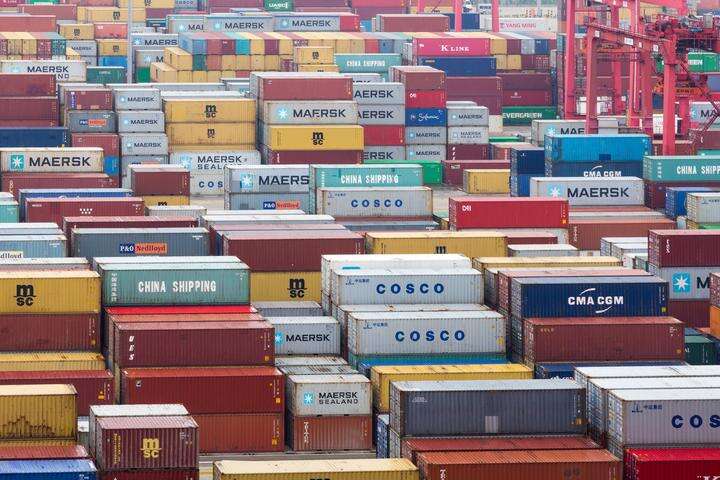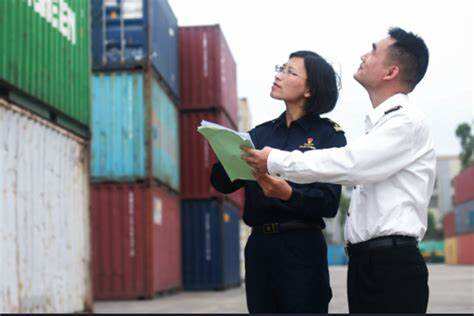ocean freight logistics
Ocean freight logistics represents a comprehensive system of transporting goods across international waters, combining traditional maritime shipping with modern digital technologies. This vital component of global trade encompasses vessel operations, container management, route optimization, and end-to-end supply chain visibility. Modern ocean freight logistics utilizes advanced tracking systems, automated documentation processes, and artificial intelligence to streamline operations. These systems enable real-time monitoring of cargo location, condition, and estimated arrival times. The infrastructure includes sophisticated port facilities, specialized containers for different cargo types, and intermodal transportation networks. Digital platforms integrate booking systems, customs documentation, and freight forwarding services, creating a seamless experience for shippers. Environmental considerations are increasingly important, with new technologies focusing on fuel efficiency and reduced emissions. The industry employs various vessel types, from container ships to bulk carriers, each optimized for specific cargo requirements. Security measures include advanced scanning technologies, electronic seals, and blockchain-based documentation to ensure cargo integrity and prevent fraud. This comprehensive approach makes ocean freight logistics an essential service for global commerce, handling approximately 90% of world trade by volume.


